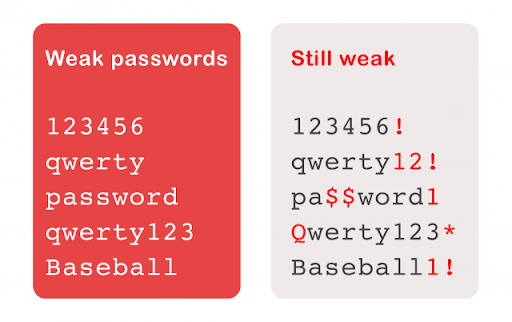In today’s interconnected world, password breaches have become an unfortunate reality. Knowing how to detect a breach quickly and respond effectively can make a huge difference in safeguarding your personal information and protecting your accounts.
Recognizing the Signs of a Password Breach
The first step in addressing a potential password breach is recognizing when it might have occurred. Here are some common signs:
- Unusual Account Activity: If you notice logins from unfamiliar locations or devices, it’s often a red flag.
- Unauthorized Transactions: Any unexpected purchases or account activity could indicate someone else is accessing your account.
- Password Reset Emails: Receiving a password reset email you didn’t request can be a sign that someone is trying to access your account.
- Account Lockouts: If you’re locked out of your account despite entering the correct password, someone may have changed your credentials.
Immediate Steps to Take After Detecting a Breach
If you suspect your password has been compromised, act quickly:
- Change Your Password: Update your password immediately to prevent further unauthorized access. Use a strong, unique password that isn’t similar to your previous one.
- Enable Two-Factor Authentication (2FA): 2FA adds an extra layer of security, requiring a second form of authentication in addition to your password.
- Log Out of All Devices: For services that allow it, log out from all devices to ensure only authorized sessions remain active.
- Check Account Settings: Review your account settings, especially linked devices, connected apps, and saved payment methods, to spot and remove any suspicious connections.
To create strong, unique passwords that provide better protection against breaches, use our Password Generator to generate secure passwords in seconds.
How to Strengthen Your Passwords to Prevent Future Breaches
The best defense is prevention. Here are some tips for creating passwords that are hard to breach:
- Use a Password Generator: A password generator ensures you have a random, unique password for each account, making it harder for hackers to guess or brute-force.
- Avoid Reusing Passwords Across Accounts: Reusing passwords means that a breach in one account could compromise others. Always use a unique password for each account.
- Combine Upper and Lowercase Letters, Numbers, and Symbols: Complexity is key to making your password harder to crack.
- Consider a Password Manager: Password managers help securely store and retrieve complex passwords, so you don’t have to memorize them.
Responding to Potential Data Exposure Beyond Your Control
In some cases, password breaches occur due to large-scale data leaks, like the infamous RockYou and RockYou2024 breaches, where billions of passwords were leaked online. If your information was involved in a major breach, here’s what to do:
- Check for Data Breach Notifications: Use online tools like Have I Been Pwned or similar services to check if your credentials were part of a breach.
- Update Passwords for Affected Accounts: Change passwords on any breached account, even if you don’t currently notice any suspicious activity.
- Monitor for Phishing Attempts: Hackers may use leaked data to impersonate you, so be cautious with unexpected emails, messages, or password reset requests.
Proactive Security Measures to Guard Against Breaches
Staying safe online requires a proactive approach to password security. Here are some steps to strengthen your defenses:
- Use Security Alerts: Many online services provide notifications for unusual activity. Enable these alerts in your account settings.
- Regularly Update Passwords: Changing your passwords periodically, especially for sensitive accounts, can help prevent breaches.
- Stay Informed: Cybersecurity threats evolve quickly, so staying updated on new threats and security best practices is essential.
Final Words
Detecting and responding to a password breach quickly can significantly limit damage to your personal and financial information. By taking these proactive steps and using tools like the Password Generator, you can secure your accounts with strong, unique passwords and minimize your risk of future breaches.
In the ever-changing digital landscape, a solid defense starts with a strong password and a well-prepared response plan.

